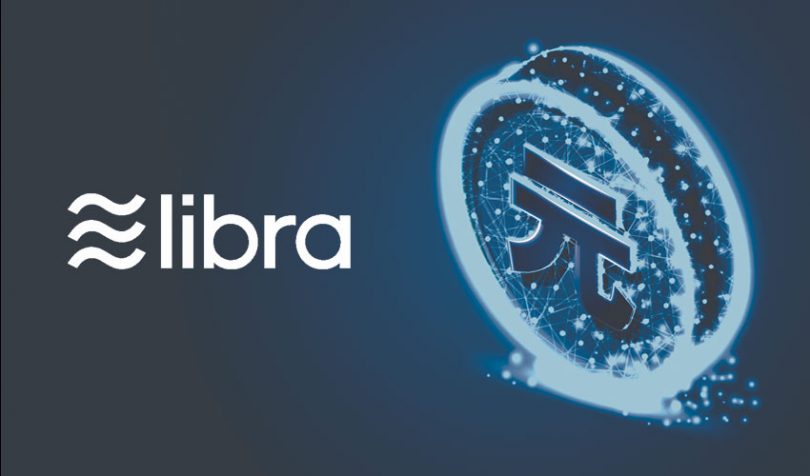On September 4th, it was reported that Mu Changchun, a Deputy Director at the People’s Bank of China (PBOC), has released a course named “Technology Finance Frontier: Libra and Digital Currency Outlook”. The course was made available via a training app on Wednesday, describing Libra in detail and sharing plans for the bank’s upcoming digital currency.
Mu previously commented on the possible disruptive power of Facebook’s cryptocurrency Libra. He wrote the piece outlining his concerns over its privacy and stability in July.
Last month Mu revealed that the PBOC is “ready” to unveil its Central Bank Digital Currency (CBDC) after five years of work. He confirmed that the asset will use a two-tier structure for distribution, issued by the central bank to organizations which will then circulate it among their customers.
As of Wednesday, Mu Changchun has added a training course intending to share his knowledge on digital currency. The full 24,000-word text, written by Mu, was published yesterday.
Libra
“More than two months before I recorded this class, something happened that shocked the central bank around the world,” he wrote (via Google Translate).
Mu continued: “It may also be related to every ordinary person in the future. That is, on June 18, 2019, Facebook, the world’s largest social networking site, published a white paper called “Libra”.”
“I think it is not excessive to regard Libra as a potential world-class monetary change,” he wrote. “…if this change is not handled well, it is likely to be a huge hidden danger.”
He considers Libra to a big deal, and with this course hopes to explain why. The first four parts of the course are dedicated to the currency; what it is and how he believes it will impact the global monetary system.
Mu agrees with some U.S. lawmakers who think Libra will be too big to fail. “[It] it has at least 2.7 billion users, which is only Facebook and WhatsApp, and has a huge social mobilization capability,” he wrote.
With this userbase and backing from conglomerates, Mu thinks that “Libra is likely to gain super-sovereign influence, influence the international monetary system, and erode the status of sovereign currency.”
Central Bank Digital Currency
The fifth and sixth parts are an outline of the CBDC soon to be released by the PBOC. “Our digital currency project is called DCEP (Digital Currency Electronic Payment), which is a digital currency and electronic payment tool,” he revealed. Like other CBDCs, it is intended to be “a banknote replacement”.
The DCEP will not require any bank card or linked bank account, unlike popular Chinese applications WeChat and Alipay. It won’t even need a network connection. The currency will be stored in a digital wallet on a smartphone which, as long as it has power, can transfer funds.
Mu confirmed that the currency would not use blockchain technology because of scalability challenges, but is inspired by it as “a digital payment tool with value characteristics.” He also claims that the DCEP will be pseudonymous and hence private. So in the case of suspected money laundering, the authorities will have to investigate spending habits to try and discover the criminal’s identity.
While a release date and a list of firms which will distribute the DCEP was reportedly leaked last week, Mu did not confirm either.






